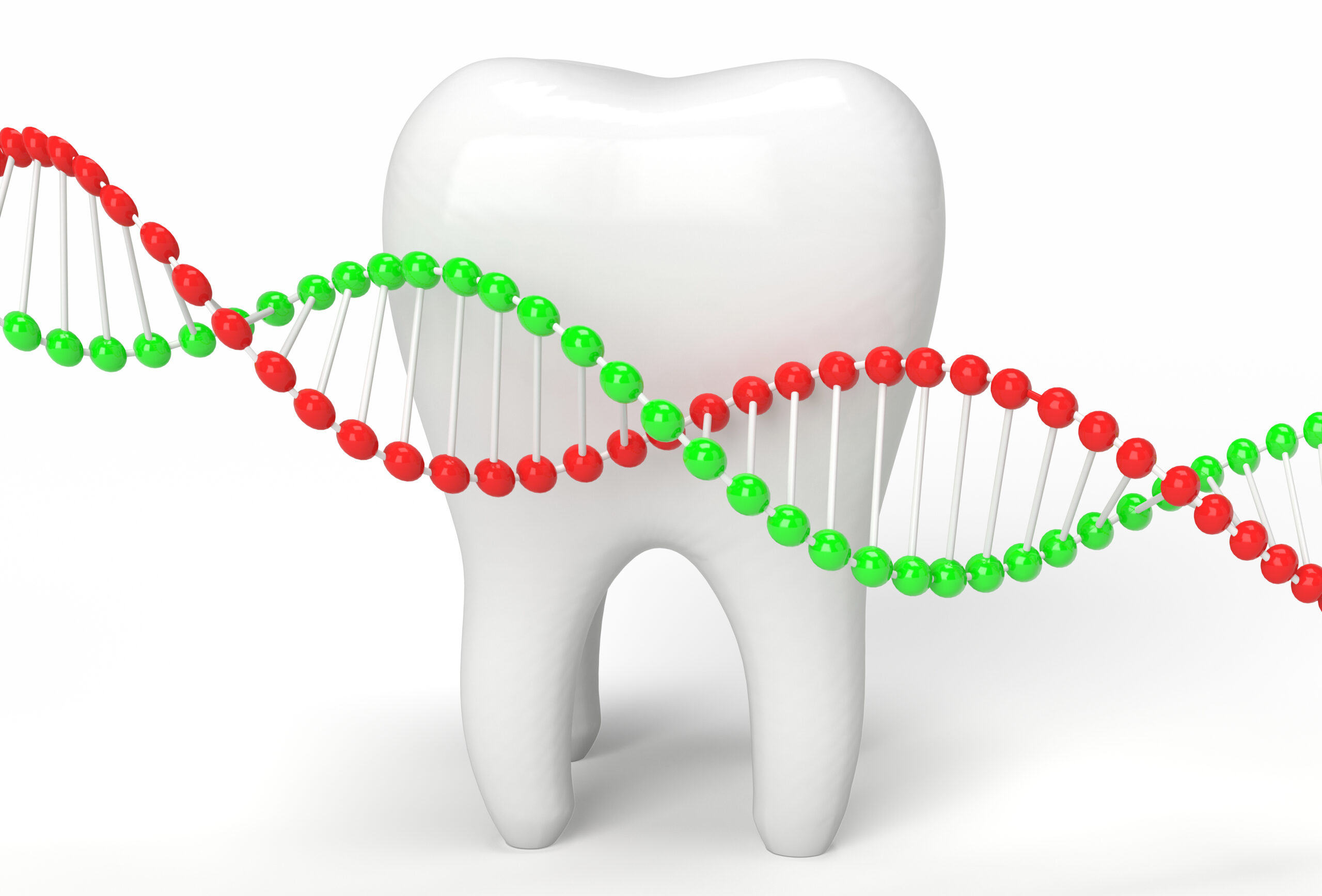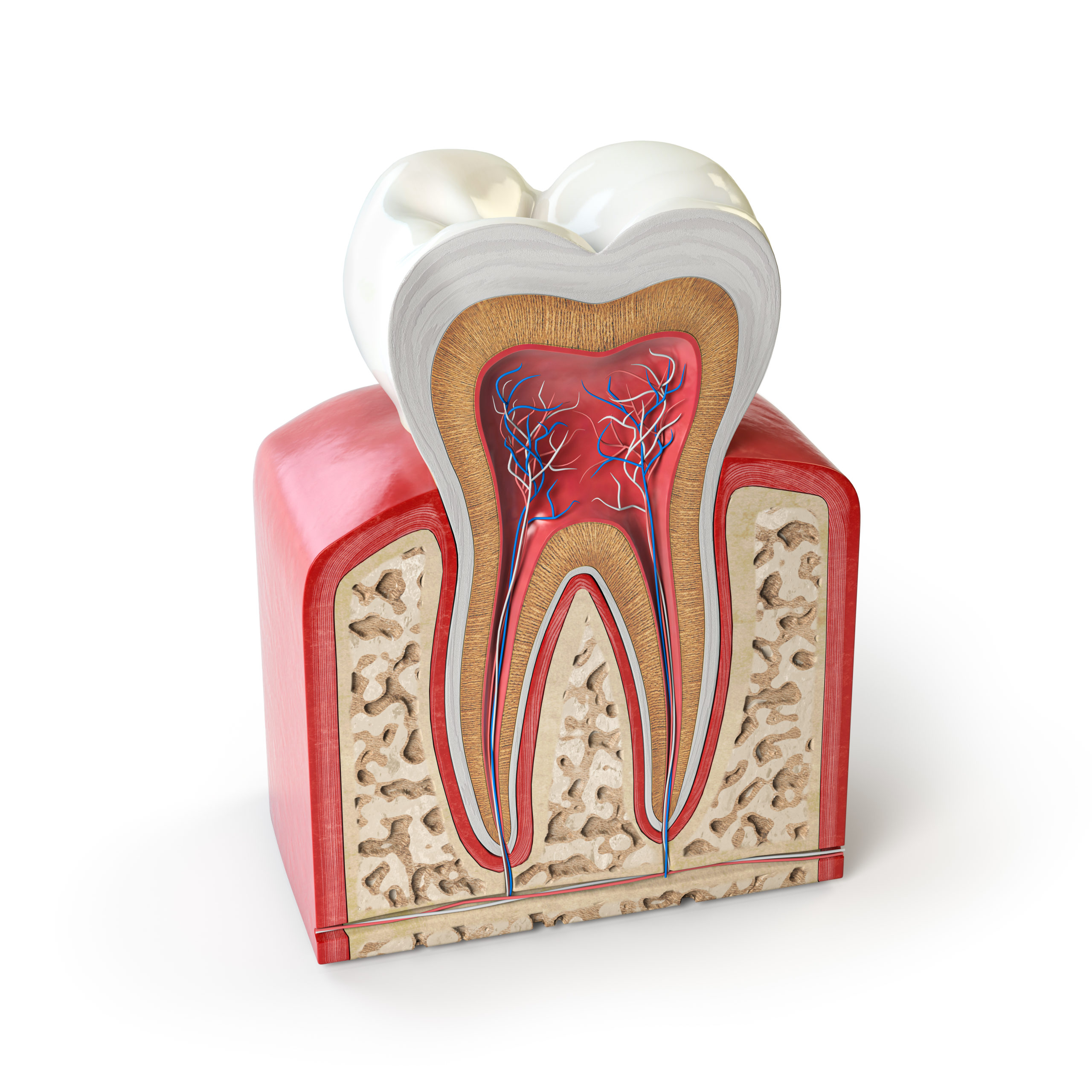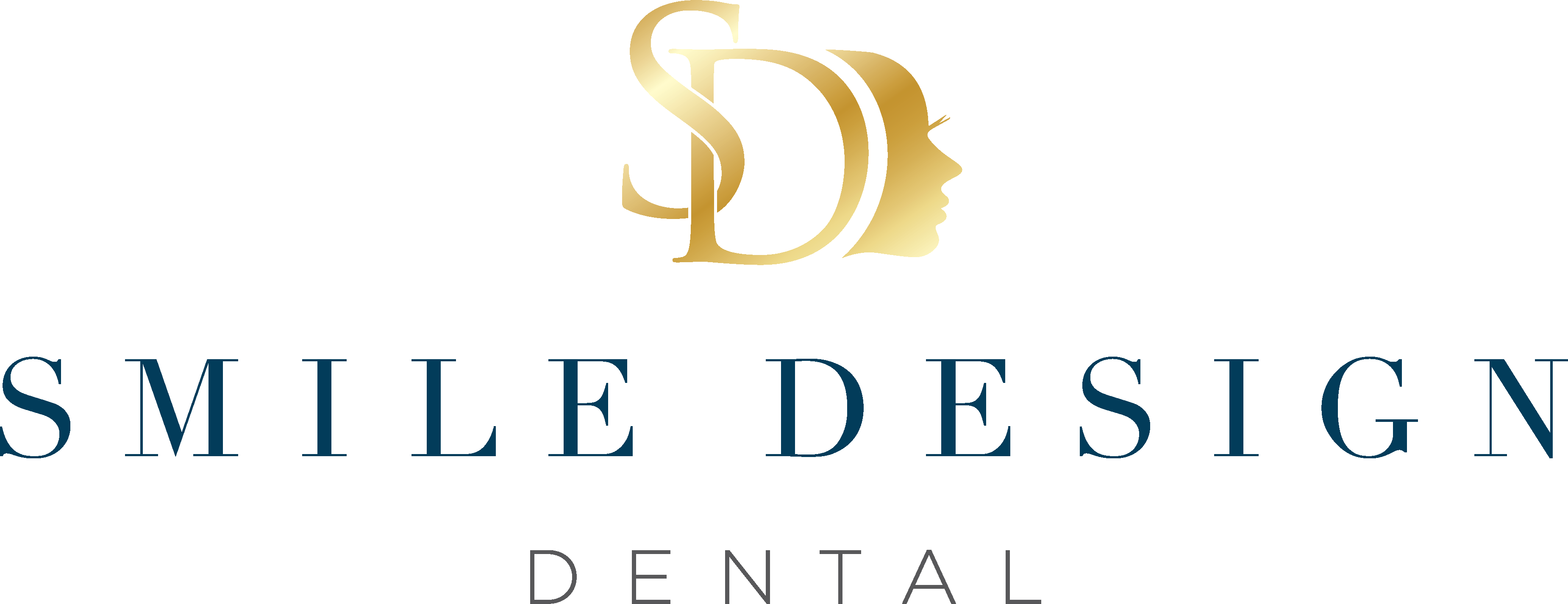

It is quite common for tooth decay and crooked teeth to occur more in families. Many people will despairingly state that they have, “chalky teeth” or “soft teeth”, like their parents. But does that really have to be the case and how much is genetic and environmental?
There are some genetic factors that lead to weaker teeth. Amelogenesis Imperfecta, Dentinogenesis Imperfecta, Enamel Hypoplasia, Dentine Hypoplasia, are conditions where the teeth do not develop correctly and can be softer, more prone to decay, and fall out much sooner. These conditions are quite rare however, and typically occur with other genetic conditions and will be more clearly diagnosed in people that possess them. There are other conditions where teeth may be absent, smaller, or fused to other teeth. In otherwise healthy people these conditions do not usually affect the whole dentition and can be managed with your dentist.
Some people are also more susceptible to gum diease: gingivitis and periodontitis, which can also lead to early tooth loss. Most cases are of a chronic nature and tooth loss/recession does not usually present until people start to age. More aggressive cases can occur younger and can be much more destructive. Fortunately aggressive cases are rare and both can be well managed with professional dental care before too much damage occurs.
There are a number of genetic conditions that can lead to poorer tooth quality though generally, the more destructive they are the rarer they are, and the more likely there are other genetic conditions being managed. For the vast majority of the population the genetic structure of their teeth are actually quite sound. So, if genetically bad teeth are so rare then why is it so common to see bad teeth in families?
Environmental Factors
For most families that see more tooth decay environmental factors play a large role and that starts before bub’s first tooth even erupts.
Oral bacteria runs in families. Studies show that a parent with tooth decay, will carry more cariogenic (hole-causing) bacteria in their mouths and will more likely lead to early colonisation of this same bad bacteria into the infant’s mouth. This association is even more directly linked to the mother. So all those loving kisses could be spreading worse germs for young bub. Of course, we don’t recommend stopping the kissing but rather, that parents get onto their oral health before the delivery of their children and seek a dentist’s advice as soon as teeth start erupting. It may be that fluoridated toothpaste is recommended from an earlier age to help counteract this bacteria.
Parents Set The Stage
Parents have a hard time raising kids whether it be fifty years ago with less access to information and health care, or now where two parents are typically expected to work and are critically time-poor, as well as facing today’s financial pressures. However, it is in the formative years that sets the stage for the health of your teeth as an adult. The biggest predictor of tooth decay in adult teeth is the presence of decay in baby teeth. In addition, space issues and dental anxiety can develop if there’s decay in baby teeth and these are lost early.
Then you’ll likely learn off your parents’ habits. However your parents have learnt to clean their teeth and mouths they’ve passed onto you. Unfortunately, if they didn’t have the best knowledge or motivation at the time, they may not have brushed their teeth for two minutes, twice a day with fluoridated toothpaste, and once daily flossing. And then they may have been less likely to force their uncompliant child to do the same.
Dietary habits are formed here as well and any diet that has frequent exposure to sugars will lead to weakening of the tooth structure. Chalky teeth may develop from here, or only become a little bit weaker, but this could lead to damage and wear not obvious for years down the track.
If your family lives off tank water, or use more advanced filtration for your drinking water, you may also be missing out on fluoride. Some regions in Australia and places overseas also do not add fluoride to the water. Without fluoride in the water, your teeth will just be a little less acid resistant and will be a little more susceptible to tooth decay. Understanding this, teeth can still remain strong with good oral hygiene care.
Some people are also opting for fluoride-free toothpaste and refraining from giving their children any as well. Of a particular note, baby teeth are a little less acid resistant than adult teeth, so holding back fluoride content here can be even more hazardous to children’s oral health. It is best to speak to your dentist about what toothpaste you and your kids are using and together you should be able to accommodate a plan that is right for your family.
It’s hard being a parent, but it is so important to get onto your child’s oral health from the time their first tooth appears. Even before the first tooth you can wipe their gums with a moist cloth to help disturb the bacteria in the mouth and allow your child to get used to the action. At this time, have a simple consult with your local dentist to ensure you’re doing the right things for your child’s teeth and to help guide their care into the future. Aside from early holes, these teeth cleaning habits are carried into adulthood and will have long-term ramnifications.
What to do about chalky teeth
So unfortunately you didn’t have the best factors affecting your teeth as a child or they’ve softened over time and find yourself with “chalky teeth” or “bad teeth”. Now what to do about it.
Firstly, you can always strengthen your teeth.
When teeth are soft, or chalky, the enamel (the stronger outer layer or your teeth) is demineralised. It is weakened by acid and the structure can be worn off easily just with a fingernail in some cases. But this can harden up again.
First step is to reduce acid. Reduce acidic beverages and best to just drink water. Then, if your really want something with a bit of flavour, drink it at mealtimes and drink it quickly. Try not to graze on snacks all day. Increasing your water intake will improve your saliva flow which will help to return your mouth to a more neutral pH. Use an extra soft toothbrush with soft pressure, a high fluoride toothpaste and potentially a home remineralising agent, like Tooth Mousse. Discuss a plan to strengthen your teeth with your dentist and once they’re a bit harder, then start any restorative work that needs to done.

With good oral care chalky teeth can become hard strong teeth.
Prevention is certainly better than a cure. The cycle of bad teeth running through families can end simply by ensuring good oral hygiene practices. And it all starts with the parents, so make sure you’re onto your children’s teeth from the time they’re in the womb. Improving your own oral health will have a downstream effect on your child. Teach them the right habits from the time the first tooth erupts. As an adult, you can always harden your teeth by brushing and flossing, so go gently at first so as to not wear off the softer structure. In time, you should find your teeth will become firmer and decay progresses slower and is less likely to develop.
You’re not destined to have chalky teeth like your parents!


Recent Comments